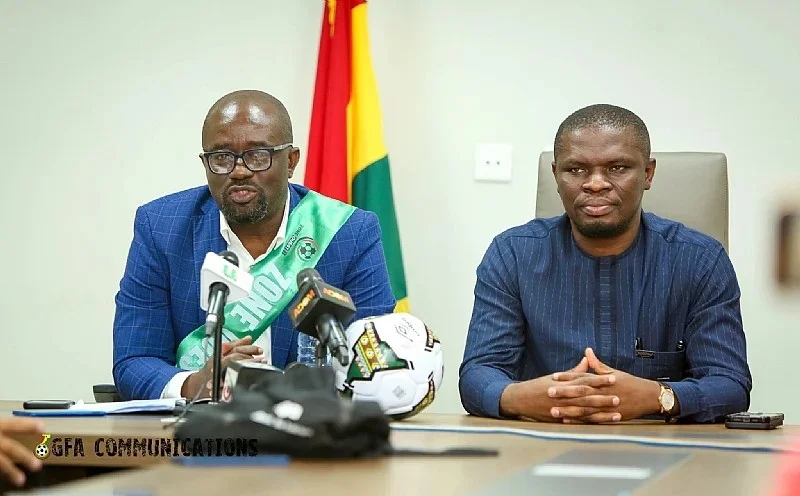Ghana’s Minister of Youth and Sports, Mustapha Ussif, has come under fire for the expenditure of over $5.1 million on the Black Stars’ participation in the 2022 FIFA World Cup in Qatar, where the team exited at the group stage. The revelation, made during a parliamentary session in December 2022, has sparked widespread criticism, with former Kotoko Express editor Jerome Otchere calling the spending “a complete joke” given Ghana’s poor performance and the lack of progress in football development.
Disappointing World Cup Campaign
Ghana’s Black Stars, competing in Group H, finished at the bottom with just three points. The team secured a sole victory against South Korea (3-2) but suffered defeats against Portugal (3-2) in their opener and Uruguay (2-0) in their final match, exiting the tournament after 12 days in Qatar. Despite a budgeted amount of $8,166,200, Ussif disclosed that $5,171,040 was spent, covering appearance fees, per diems, flights, medicals, equipment, logistics, and hospitality. The minister highlighted that prudent management saved over $3 million, as no qualification bonuses were paid due to the team’s failure to advance.
Criticism Over Excessive Spending
Jerome Otchere, speaking on Asempa FM’s Ultimate Sports Show in January 2023, lambasted the expenditure, particularly the reported $100,000 appearance fees paid to each of 54 individuals, including 26 players, management committee members, technical staff, and others. “We must hold the Ghana Football Association [GFA] responsible for how money was spent,” Otchere stated, arguing that the spending was unjustifiable given Ghana’s single win and lack of progress in developing the sport. He criticized the $5.1 million outlay as excessive, noting, “Our game is not developing, and this should be a cause for worry.”
Further controversy arose from reports by journalist Fentuo Tahiru, who revealed that the GFA’s budget included payments like $20,000 to coach Otto Addo’s personal assistant and $10,000 to the ministry’s purse holder, raising questions about transparency. Alhaji Grusah, a Black Stars management committee member, also alleged that the GFA requested a 50% kickback from his appearance fee, intensifying scrutiny of financial management.
Economic Context and Public Outcry
The backlash comes amid Ghana’s economic challenges, with inflation at 52.2% and the cedi at GH¢13 to the US dollar in January 2023. The $5.1 million expenditure, part of a broader $14.1 million World Cup budget, has fueled public discontent, especially as the government seeks a $3 billion IMF bailout. Critics argue that such funds could have been invested in grassroots football or infrastructure to address the sport’s stagnation, rather than high appearance fees for a brief and unsuccessful campaign.
Calls for Accountability
The controversy has sparked demands for greater accountability from the GFA and the Ministry of Youth and Sports. Otchere and others have urged a thorough investigation into the allocation of funds, emphasizing the need for transparency in how World Cup budgets are managed. With FIFA providing Ghana $10.5 million in appearance fees and an additional $9 million for the group stage, questions persist about the prioritization of expenditures, especially when the team’s performance failed to justify the costs.
As Ghana reflects on its 2022 World Cup outing, the debate over the $5.1 million spending underscores broader concerns about governance in sports and fiscal responsibility. The Sports Minister’s defense of prudent management has done little to quell criticism, with calls growing for reforms to ensure future investments yield tangible results for Ghanaian football.






